Ann Judson (1789-1826)
Ann’s childhood was carefree and full of fun. Into her teenage years, she lived an outwardly moral but inwardly bankrupt life. She had room for parties and balls, but not for God, the giver of earthly pleasures.
Ann discovers the sad truth of the saying, “A sow that is washed returns to her wallowing in the mud.” (2 Peter 2:22)
A few sentences later, the dam gave way and she burst into tears. Her aunt tenderly asked what troubled her. Suddenly, for the first time in her life, Ann no longer cared if her aunt, her town, or even the whole world knew that she felt she was a sad and dejected sinner.
After a period of discouragement, followed by inner rebellion toward God, Ann finally came to a settled peace in her heart.
Some were supportive, but many thought that she was contemplating something “wild and romantic in the extreme, and altogether inconsistent with prudence and delicacy.”
“Had so long anticipated the trying scene of parting, that I found it more tolerable than I had feared. Still my heart bleeds. O America, my native land, must I leave thee?”
“It seems as if there was no resting place for me on earth. When shall I find some little spot, that I can call my home, while in this world?”
All is Egyptian darkness around us—not a glimpse of light.
He, like we, must have wondered why God allows such inefficiencies in the middle of kingdom service.
On July 5, 1818, Ann and the Houghs sailed down to the coast. As Rangoon disappeared behind her, she wondered if she was doing the right thing.
Pastoral Letters of John Newton from Cardiphonia, “Voice of the Heart”
God hates sin and loves His people. If this is true, then He would not allow their sin to continue if He could not use it for a more perfect purpose.
As he writes to a friend, Newton continues to speak of his own struggles in the Christian life. In this letter, he uses the imagery of melody and harmony. He feels that his actions are the melody, and his thoughts and motives the harmony—or “disharmony.”
In this fourth letter to a nobleman, John Newton writes about Christians and the gap between what they desire to do and what they actually do. He reminds us that this gap is common to all believers and that the resulting frustration leads us to long for perfection in eternity.
In this third “Letter to a Nobleman,” Newton considers what it will be like to live with an imagination and understanding that are not affected by sin. In this life he is frustrated by how the weaknesses of these two faculties inhibit his ability to understand truth—especially truth about God. But it will not be this way in eternity.
In this pastoral letter, Newton speaks of the the sad (but common) disparity between a Christian’s knowledge and his practice. Newton has clearly thought deeply about these things and has experienced this discrepancy in his own life.
In this pastoral letter, John Newton continues a conversation he had with a nobleman. The two men had talked about the initial zeal that is often seen in new Christians and why it tends to fade over time. Newton offers insights into a common source of discouragement for Christians.
John Urquhart (1808-1827): Running a Short Race Well
“Biography is not dependent for its usefulness on the length of an individual’s life.” (William Orme, pastor to John Urquhart, and his biographer)
St. Andrews is situated on the sea, and he enjoyed taking his walks along the seashore and scrambling among the rocks near the town.
I have had a long struggle with the world. I have counted the cost, and I have at last resolved that I will serve the Lord.
…the beginning and the end of John’s earthly labors would be spanned by just two years.
Chalmers was a titan of 19th century Scotland. Pastor, professor, scientist, evangelist—he excelled at many things. Students left his classes more committed to and more confident in the truth of Scripture.
Hoxton Academy in London was such a school. Not only would it put him in a place where he could study both Scripture and missions, it would also put him close to one of the most respected missionaries of his generation.
…as God would have it, he would get the rare privilege of meeting Robert Morrison and learning the rudiments of the Chinese language…
‘This is what I call preaching the gospel to every creature. That cannot be done by setting yourself up in a pulpit, as a center of attraction, but by going forth and preaching from house to house.’
It was no argument to them to remain in Judea, that there were many who heard their message, that in the end had refused to receive it. On the contrary, this was the very signal for their departure.
I have been very much depressed to find the instances of apostasy among missionaries, so very numerous; and that some, who, for a long time did run well, were afterwards hindered by ‘the lust of the flesh, or the lust of the eye, or the pride of life.
We are very apt to think that there may be such a thing as a half Christian, one who is almost a Christian. But it is silly to be deluded by mere names. The Bible tells us, that ‘He who believeth shall be saved, and he who believeth not shall be condemned.’
A few months, my dear brother, and our earthly conversations must be for ever at an end. Shall I hope to meet you in Heaven? O! give me an answer to this question, for on yourself its answer depends.
I have come to the final resolution of devoting myself to the service of God among the heathen.
“Yesterday, I completed my 18th year. Hitherto has the Lord brought me; and, in spite of much wickedness and ingratitude, he continues to bless me. How little have I done! Hitherto I have made my youth an excuse for much inactivity! Will this be an excuse at the bar of God?”
How much of heaven may be enjoyed on earth, if we will but care to seek for it.
Why does God leave us so long in a world of sin? Why were his ancient people forty years in travelling through the wilderness? Why are we exposed to so many temptations?
The most heart-rending scene I ever witnessed, was on the Tuesday night before his death. Mr. Urquhart came into the room, and at the bed-side gave up in prayer his son to the Lord.
William Nevins (1797-1835): A Suffering Pastor in Baltimore
Effort is much easier than self-denial. I can more easily and cheerfully make many wearisome efforts, than practice one act of abstinence. Therefore the latter is the better test of character.
In the summer of 1820, William Nevins left Richmond for Baltimore to become pastor of the First Presbyterian Church.
Once the reality of marriage loomed on the horizon, Nevins joked to a friend that he was so busy with his pastoral work that he wasn’t sure he had time to be married. Somehow he found the time.
It has been said of the cholera that it begins where other diseases end—with death. (William Nevins, 1834).
I had always expected that the prospect of death would almost frighten me out of existence; but now it has no terrors. I rely on Jesus, and feel I shall be happy when I die.
Oh, if I were but assured that Jesus was with you then, and that you are now with him, I should still weep, but they would be tears of gratitude! Oh, if you are with him, stay where you are! I would not call you back—you would not come! No, if you sleep in Jesus, sleep on.
There is walking in love, and following peace, which, as well as contending for the faith, are unrepealed laws of Christ's house. I believe they can all be done, and that each is best done when the others are not neglected. I am sure truth never lost any thing by being spoken in love.
September 14, 8 AM. He asked for another hymn of John Newton’s to be read to him. His friend began to read each verse of “Come, My Soul, Thy Suit Prepare, Jesus Loves to Answer Prayer.” After each verse Nevins made a few comments. After some time, his friend read the final verse—Show me what I have to do, Every hour my strength renew, Let me live a life of faith, Let me die thy people’s death.
When William Nevins died, his congregation asked George Musgrave, another Baltimore pastor, to conduct his funeral. Some time later Musgrave composed a list of Nevins’ character qualities that were worthy of emulation.
. . .he “considered Dr. Nevins as among the very best preachers in the United States.”
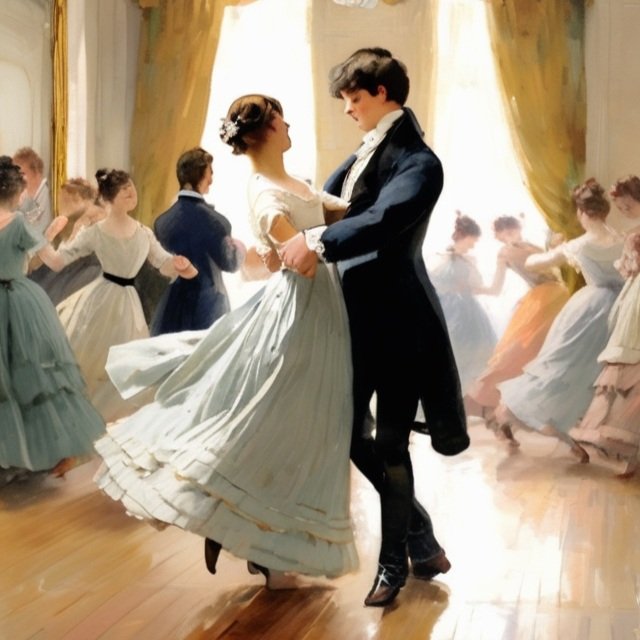




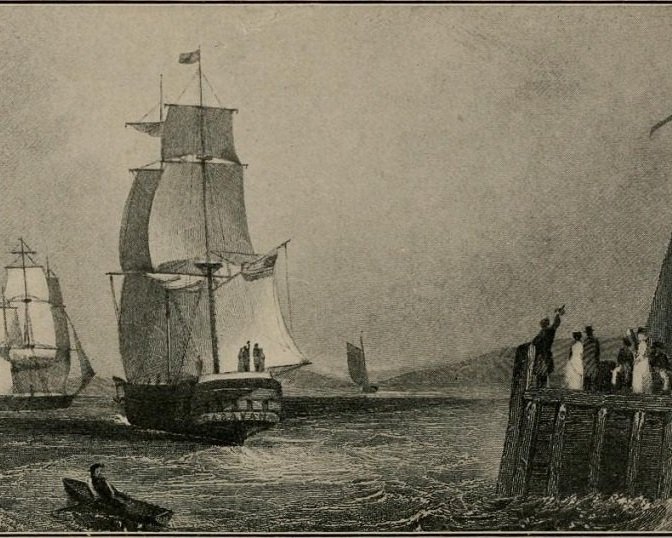

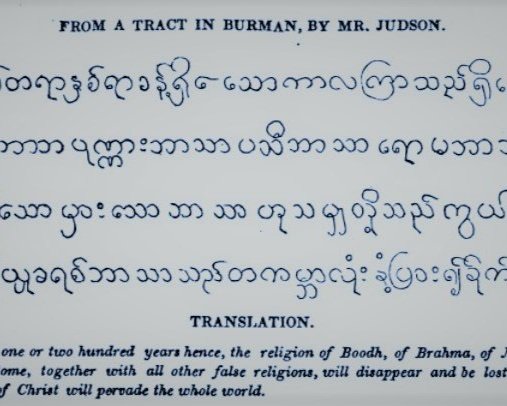






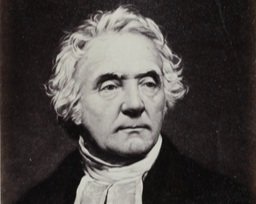












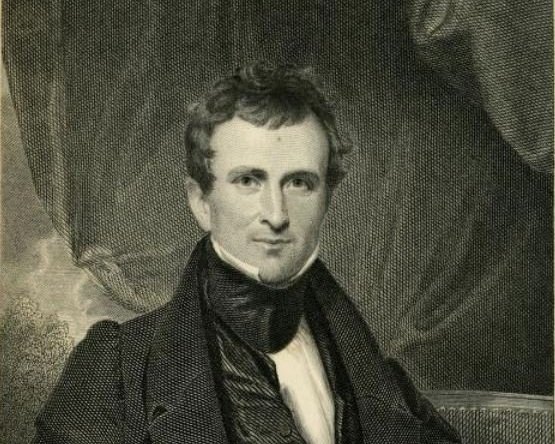
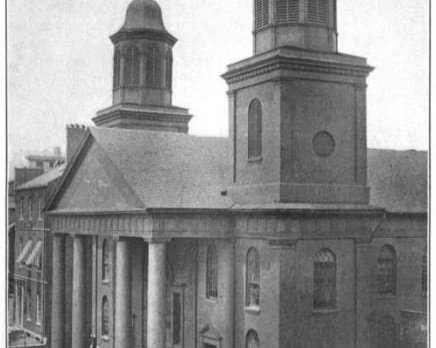
















When we look at those who are willing to lead the way, we should admire them for their courage, not belittle them for their mistakes. They've blazed the trail, they've pointed out many dangers; we stand upon their shoulders.